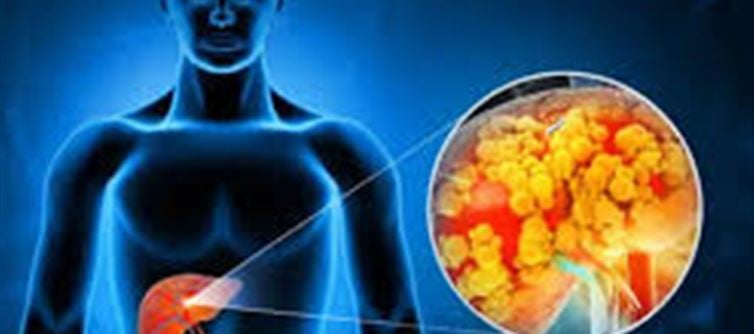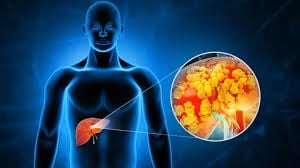

Certain everyday habits, often overlooked, can significantly increase the risk of developing liver cancer over time. One of the main habits is excessive alcohol consumption. Chronic heavy drinking puts significant stress on the liver, leading to fatty liver disease, cirrhosis, and eventually liver cancer. Even moderate drinking over a long period can contribute to liver damage. The liver is responsible for metabolizing alcohol, and when it’s overwhelmed, it can lead to inflammation, scarring, and the development of cancerous cells.
Another common habit that can damage liver health is unhealthy eating, particularly diets high in processed foods, sugars, and unhealthy fats. A poor diet can lead to non-alcoholic fatty liver disease (NAFLD), a condition where fat builds up in liver cells, causing inflammation and damage. Over time, this inflammation can lead to cirrhosis and increase the risk of liver cancer. Consuming excessive amounts of sugary foods and drinks can also contribute to obesity, which is a major risk factor for liver disease and liver cancer.
Lack of physical activity is also a contributing factor. Sedentary lifestyles can lead to obesity, which increases the risk of developing liver conditions such as NAFLD, cirrhosis, and liver cancer. Regular physical activity helps regulate weight, reduces fat buildup in the liver, and improves overall liver function. A lack of exercise combined with poor eating habits accelerates liver damage and enhances the likelihood of developing cancer.
Finally, ignoring hepatitis infections or failing to get vaccinated against hepatitis B can put individuals at significant risk. Hepatitis B and C are viral infections that can cause chronic inflammation in the liver, leading to cirrhosis and an increased risk of liver cancer. Many people with chronic hepatitis don’t show symptoms until the damage is extensive, so getting regular screenings and vaccinations are essential habits to protect the liver from cancer-causing infections.




 click and follow Indiaherald WhatsApp channel
click and follow Indiaherald WhatsApp channel